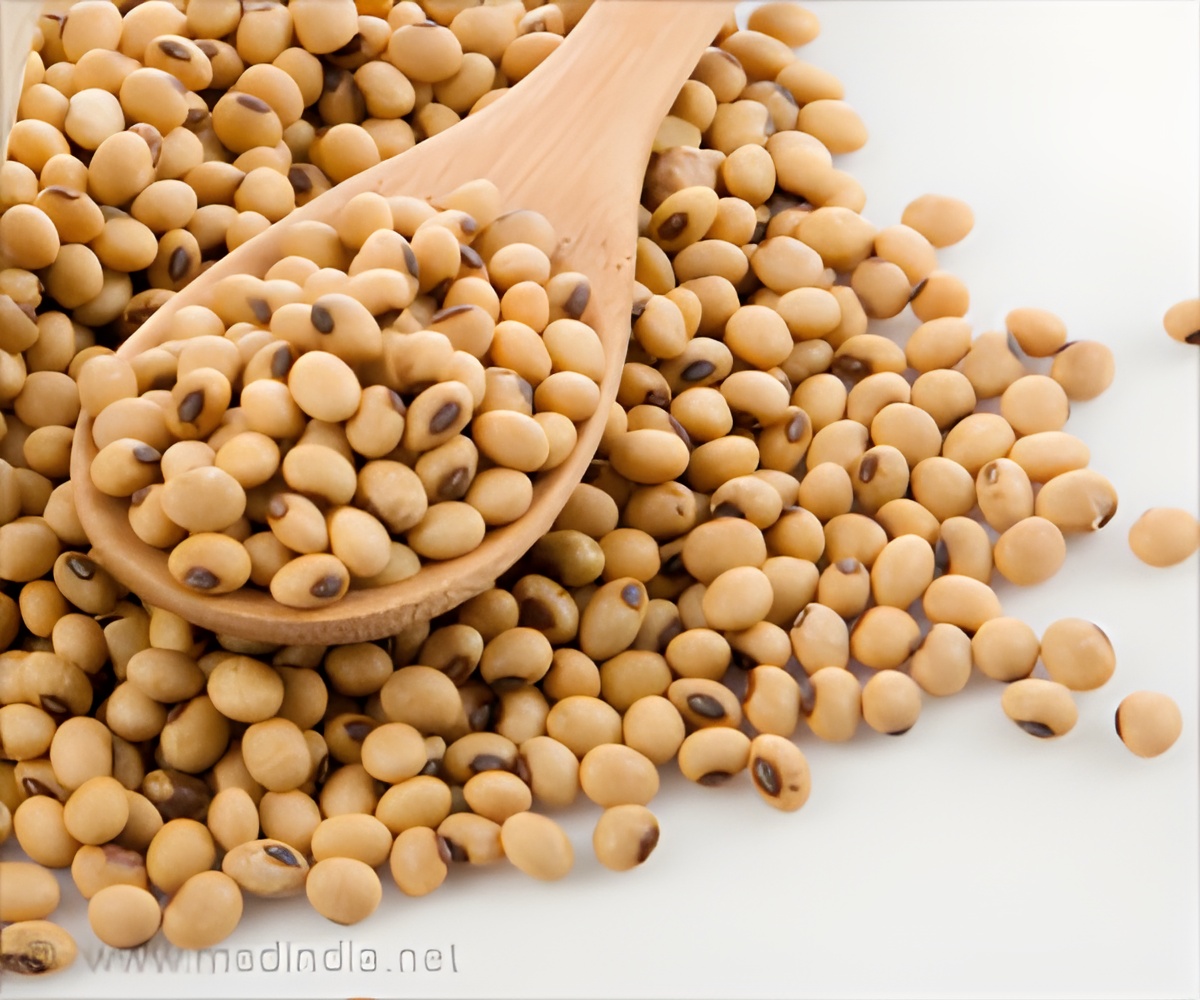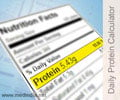Worried about your teen's weight? Now scientists say that afternoon snacking on high-protein-soy foods can rightly control appetite in teenagers.

"Our research showed that eating high-protein snacks in the afternoon helps teens improve the quality of their diets as well as control appetite. Standard meals tend to go to the wayside for kids this age - particularly from mid-afternoon to late evening - and many of the convenient 'grab-and-go' snacks are high in fat and sugar. When kids eat high-protein snacks in the afternoon, they are less likely to eat unhealthy snacks later in the day, which is particularly important for kids who want to prevent unhealthy weight gain," said Heather Leidy, who is the lead author and also an assistant professor of nutrition and exercise physiology at MU.
The one-year-long study compared the effect of 1088 kJ of high-protein or high-fat afternoon snacks versus no snacking diet on appetite, food intake, mood and cognition in the study participants. As many as 31 healthy male and female teenagers rotated through three afternoon snacking routines in randomized order. The participants were put on a high protein soy snack diet (26 g of protein/6 g of fat per 27 g of carbohydrates) during the afternoon for three days, a high fat snack diet (4 g of protein/12 g of fat per 32 g of carbohydrates) for the next three days, and no snack diet for the third group for a total duration of three days.. Notably, both snacks appeared as identical chocolate-peanut-caramel-flavored pudding.
On each day, the participants were allowed to take dinner and evening snacks as they wished. Meanwhile, the researchers analyzed and documented what the participants consumed on each day.
Following each of these three routines, the participants were asked to take an eight-hour-long test, which contained pre- and post-snack questionnaires, MRI brain scans, mood tests, and cognitive exams.
The study results showed that eating any snack reduced participants' appetites compared to no snacking at all. However, the high protein snack did a better job of that than the high fat snack.
Though the high-protein soy pudding snacks used in the study are not available to the public at the moment, similar high-quality protein sources exist, and those protein-rich foods should elicit similar benefits.
Some of the protein-rich foods include soy milk and baked tofu sticks, almonds, pumpkin seeds, edamame, and eggs.
The result of the study is published in The Journal of Nutrition.
Reference:
- Consuming High-Protein Soy Snacks Affects Appetite Control, Satiety, and Diet Quality in Young People and Influences Select Aspects of Mood and Cognition - (https://pubmed.ncbi.nlm.nih.gov/25995282/)
Source-Medindia













